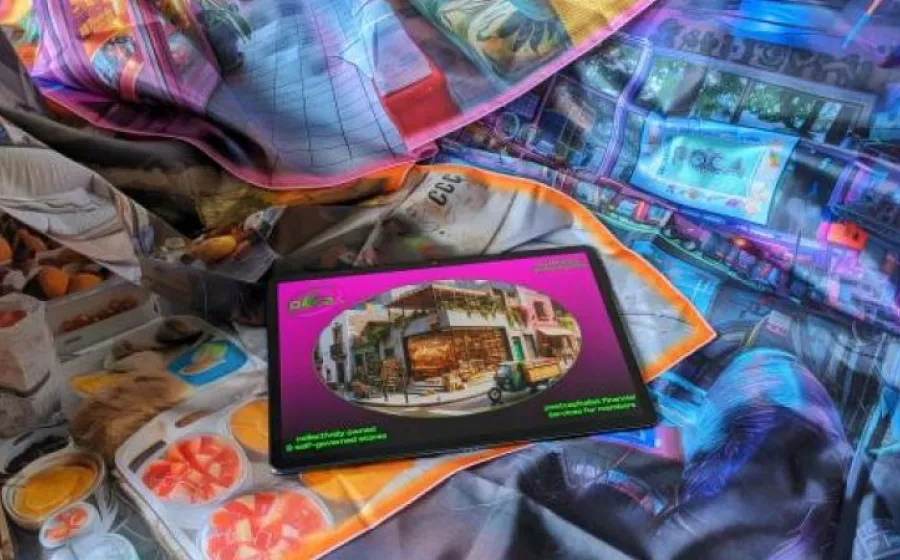POCAS - Poca Organización Colaborativa de Auto-servicio
Date
Venue
Category
Institution
Programme
POCAS (Poca Organización Colaborativa de Auto-servicio) is a research project exploring how distributed computing can support mutualist, postcapitalist economies. Inspired by centuries of self-governance and decades of peer-to-peer technologies, it maps how existing tools and practices can enable autonomous, collaborative infrastructures today.
The laboratory would be best suited for collaborators with curiosity, interest or experience in self-sufficiency, DIY, crafting, low-tech, repairs, collaboration, self-organization, mutual-aid, care, informal economies, organizing, science-fiction, speculation, cybernetics, distributed computing, open-source LLMs, local-first software, collaborative finance and postcapitalism.
About Pablo Somonte Ruano
Pablo Somonte Ruano is a designer, programmer and artist creating ambiguous software, generative systems, experimental interfaces, transmedia narratives, p2p infrastructure and odd music. In recent years they have collaborated with organizations such as neighbourhoods.network, the Economic Space Agency and others at the Crypto Commons Association to research and design software for social coordination and postcapitalist economies. Pablo is interested in the potential of digital technology to support collective processes of participation and relational autonomy.
Potential collaborators (skills, background, interests)
People of all backgrounds interested in alternative economies (Economía Social y Solidaria), cooperativism, and complementary currencies.
Game designers and LARP players interested in speculative world-building and collective play.
Artisans, DIY builders and anyone with experience in small-scale production of basic goods and services (soap, food, natural medicine, carpentry, sewing, etc.)
Organizers and activists with environmental, trans-feminist, anti-capitalist or mutual aid backgrounds.
Facilitators familiar with participatory design methods and tools for non-hierarchical organization.
Researchers or theorists in fields like cybernetics, postcapitalist economics, or science fiction.
Technologists interested in open-source LLMs, local-first software, p2p systems, and alternative web3.
Artists and designers interested in visualizing fictional infrastructures.

